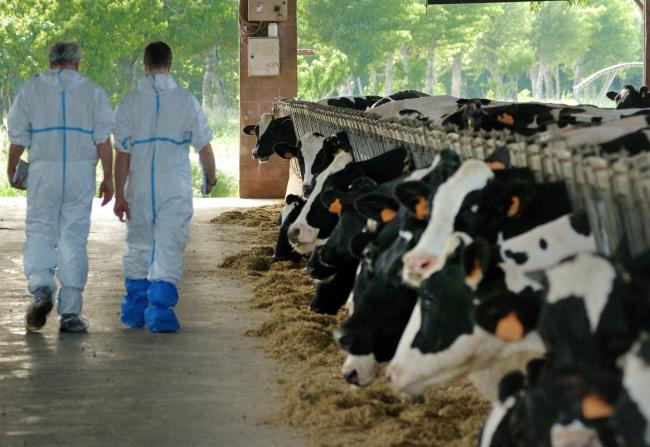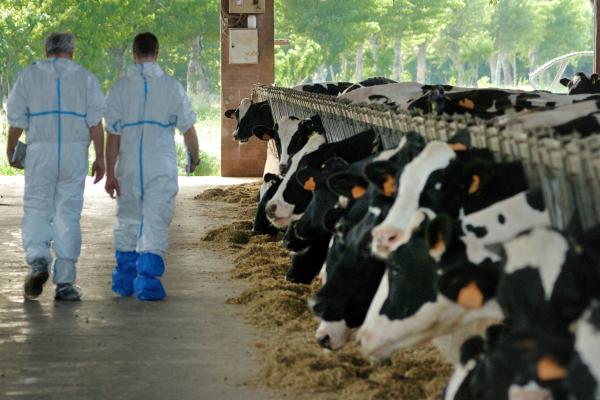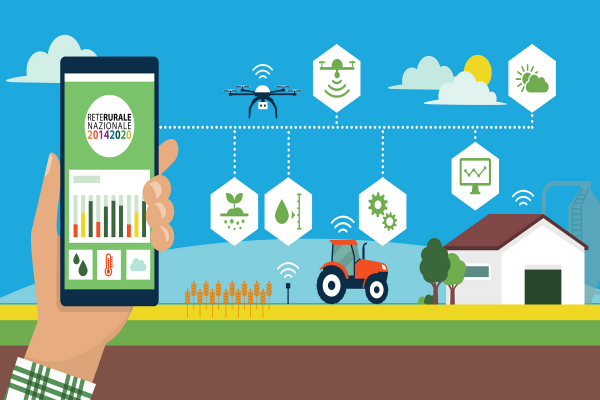Improving bovine productions through the development of rational and innovative health approaches at low impact on environment

The objective of the demonstration project is to enhance bovine production by the development of “best-practices guidelines” for the solution of health problems, based on rational and innovative diagnostic/prophylactic/therapeutic approaches, that will lead to a measurable reduction of the antimicrobial consumption in the farm and, eventually, to a decrease of the environmental antimicrobial resistances. Furthermore, the project is oriented to the rank of involved farms by measuring the antimicrobial resistance determinants load of the residing natural microbial community.
The project foresees these activities: 1. Selection of the farms included in the study in order to ensure a stratified sample; 2. Assessment of the health history at the beginning of the study and of the heatlth status of the herds included in the study, woth particular reference to measures and vaccination protocols applied; 3. Definition and application of the diagnostic protocols and of the prophylactic and / or therapeutic practices; 4. Evaluation of the effectiveness of the protocols and their modifications, if needed; 5. Study of the impact on environment of antimicrobial use in the involved farms.
Aim of the present project is to define the “best-practice guidelines” to be applied in case of infection in dairy cattle herds. The effectiveness of the new defined management options will be assessed by evaluating the trend of the use of antimicrobials during the entire duration of the project. In addition, phenotypic and genotypic antimicrobial resistances will be monitored in the microbial community of the farm and compared with those recorded in “wild type” microorganisms and in microbial communities residing in less anthropic ecological niches. The classification of the level of antimicrobial resistances detected in the herd would enhance the value of the final product for consumers. At the end of the project, the developed "rational" guidelines might be recognized by certification bodies.
| Titolo/Descrizione | Url | Tipologia |
|---|---|---|
|
Sito web del progetto
|
Sito web
|
|
|
description of the project
|
Link ad altri siti che ospitano informazioni del progetto
|
|
|
Online news
|
Link ad altri siti che ospitano informazioni del progetto
|
|
|
Newsletter 1
|
Materiali utili
|
|
|
Newsletter 2
|
Materiali utili
|
|
|
Newsletter 3
|
Materiali utili
|
|
|
Newsletter 4
|
Materiali utili
|
|
|
Project Presentation
|
Materiali utili
|
|
|
Pagina Facebook del progetto
|
Link ad altri siti che ospitano informazioni del progetto
|

